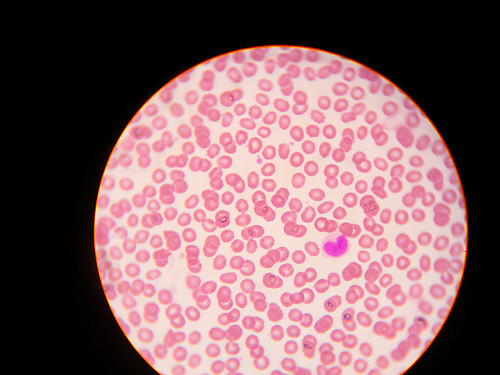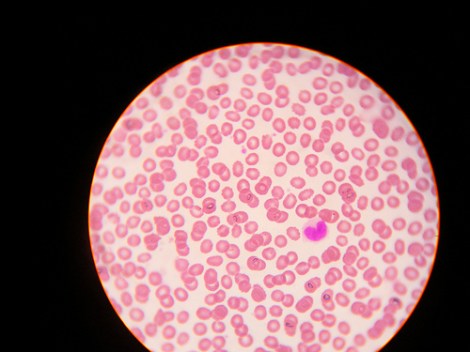Like humans in modern societies, organs specialize. Lungs breathe. Hearts pump blood. Eyes see. Noses smell. The work gets divided up. But new research indicates that organs that we usually don’t think of as having anything to do with smelling have the same olfactory receptors as cells in found in noses.
In other words, it’s possible that your heart, your blood, and your lungs can smell. (Why not? The rest of you definitely does! Zing.)
The American Chemical Society reports on the work Peter Schieberle is doing in this area:
His team recently found that primary blood cells isolated from human blood samples are attracted to the odorant molecules responsible for producing a certain aroma. Schieberle described one experiment in which scientists put an attractant odorant compound on one side of a partitioned multi-well chamber, and blood cells on the other side. The blood cells moved toward the odor.
They’re not sure yet whether this means that your heart can actually smell the food you eat in the same way your nose can. Mostly, it’s just weird and amazing and a clue to how little we still know about how our insides work.




